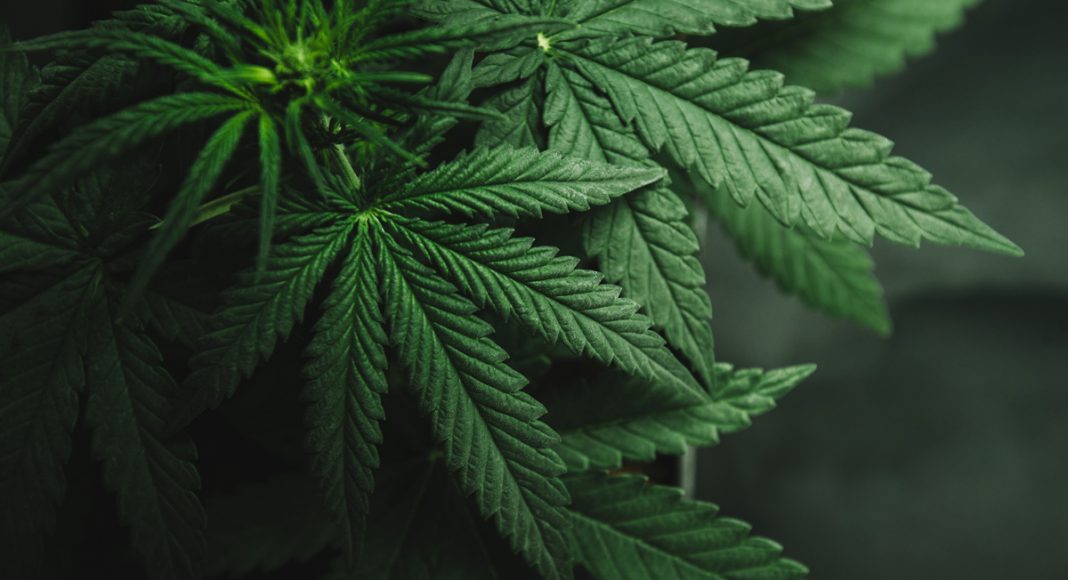Have you heard of ‘genetic engineering’ and/or ‘genetic modification’? These terms are being used more often regarding food production, especially in America. So far, genetic-engineering of plants and animals is becoming one of the largest environmental challenges of the 21st century. Currently, in America, up to 92 percent of corn is genetically engineered, 94 percent of soybeans, and 94 percent of cotton. Since this is happening with our food, who’s to say that this isn’t happening with different plants like cannabis? As time goes on, various biotech and pharmaceutical companies are utilizing genetic modification techniques in the production of cannabis compounds.
FDA Approval Of Cannabis-Based Drug Epidiolex
In the U.S., the cannabis plant remains illegal even though thirty U.S. states and the District of Columbia have medically legalized it. Currently, the whole cannabis plant and its different cannabinoids are illegal under U.S. federal law via a Schedule I classification. However, in many U.S. states, cannabidiol (CBD) can be legally sold, purchased, and consumed. Since CBD is non-psychoactive, non-addictive, and medically beneficial, it has become a more accepted cannabinoid in mainstream society and the medical community.
-
Related Story: Here’s Why The FDA Approval Of Epidiolex Is Significant
Due to CBD’s increasing popularity, usage, and vast medicinal properties, the U.S. Food & Drug Administration (FDA) made a groundbreaking move recently. Specifically, the FDA approved of a cannabis-based drug called Epidiolex. On June 25 of this year, the FDA released an announcement regarding their approval of this cannabidiol-based drug, which aims to help treat epilepsy and seizures. Epidiolex contains cannabidiol as its base rather than the psycho-active cannabinoid, THC. As a result of this drug approval, it’s possible that legal obstacles regarding studying cannabis’s medicinal properties could fall and become less strict.
Potential Re-classification Of Epidiolex & Cannabidiol
Moreover, the U.S. Drug Enforcement Administration (DEA) has the opportunity to re-classify Epidiolex until September 24th of this year. If this reclassification occurs, it’ll legally allow doctors to prescribe Epidiolex to patients throughout the U.S. However, numerous researchers are hoping that the DEA will re-classify cannabidiol rather than only Epidiolex. If this occurs, researchers will face less limitations and hurdles regarding studying the cannabis plant.
According to Daniele Piomelli, the director of a new cannabis research center at the University of California in Irvine, the following was stated about the FDA’s approval of Epidiolex: “We have a clear recognition that this plant has more potential than people credited it for and that has reverberations that are scientific as well as legal.” Currently though, the amount of research that’s legally conducted on cannabis and various cannabinoids in the U.S. is quite limited.
Adjusting Cannabis Research Restrictions
Since more people are consuming various cannabinoids for medical and therapeutic purposes, additional research should be conducted to learn more about these compounds. However, the U.S. federal government must give their stamp of approval on research studies first, which has led to an accumulation of limited cannabis research thus far.
-
Related Story: 10 FDA-Approved Drugs Researched Less Than Cannabis
Overall, though, there are several positives regarding the reduction of restrictions on studying cannabis, cannabidiol, and other cannabinoids.
Introduction Into Genetically-Engineered Cannabis
Furthermore, one positive consists of biotech startups learning more about the cannabinoids they’re producing via genetic-engineering. With the allowance of additional research, cannabinoid products produced through genetic-engineering could be purer and also more affordable as compared to cannabinoid products produced via older extraction methods from the cannabis plant or chemical synthesis. On the same note, Ziva Cooper, a Columbia University neuroscientist in NYC mentioned that it takes a significant amount of endurance to study cannabinoids. In the future though, if U.S. legal blockades lessen or fall entirely, numerous researchers and scientists will most likely explore high-quality cannabinoids that are created via different mediums like genetic-engineering.
Genetically-Engineered Cannabis in Canada
Currently, different cannabis compounds are being produced via genetic-engineered bacteria and yeast. If research restrictions progressively change in the U.S., then, cannabis compounds produced via these mediums could help meet the demand for cannabis products in general. One country in which the U.S. can learn from is Canada and several of their pharmaceutical and biotech companies. In particular, a Vancouver, Canadian pharmaceuticals company (InMed Pharmaceuticals) is working on cultivating the creation of rare cannabinoids in the bacterium known as Escherichia Coli. Additionally, Kevin Chen, the biotech head of Hyasynth Bio in Montreal, Canada mentioned that researchers have been clear on their interest in purchasing the company’s genetically-engineered cannabidiol once they scale up their production.
At some point, if the U.S. DEA removes only Epidiolex from the country’s list of Schedule I substances rather than cannabidiol itself, American researchers will be unable to closely study different cannabis compounds and products. As a result of this, many cannabis compounds and products will most likely drift into Canadian laboratories in which recreational cannabis will become legal there this October 17. Although genetically-engineered cannabis compounds are taking off in general, this hasn’t been the norm in the U.S. due to extensive cannabis research and experimental restrictions. First things first, once the U.S. DEA removes cannabidiol from its Schedule I classification, additional research and experimental opportunities will be available. For now, though, let’s learn from Canada’s research model and the genetic-engineering work they’re conducting at this time.


